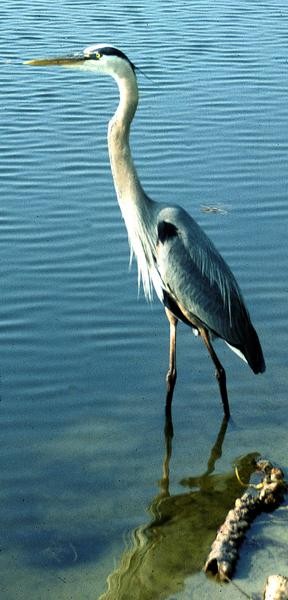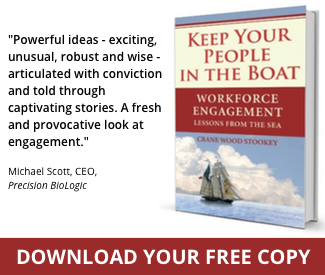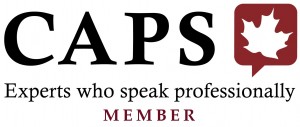
As Alan Watts wrote, “A heron stands stock-still at the edge of a pool, gazing into the water. It does not seem to be looking for fish, and yet the moment a fish moves, it dives.”
It usually seems to be my habit to bring activity and intention with me wherever I go. If I’m sailing the coast in the summer, as I am this week with a group of teens at the Nova Scotia Sea School, even when we’ve anchored for the night in a quiet cove and the stillness of the evening gathers around us, I’m likely to jump up and start teaching the crew something, or fix something on the boat that needs attention, or at least start planning what we’ll do next. That’s what’s expected of the “leader,” no?
It takes some discipline to allow myself, and the students, to experience the stillness all around, and actually see what’s there. When we manage to do this, we see all kinds of things we were missing, out in the world, and inside ourselves.
“Experiential education takes our preoccupation with everyday problems to such an extreme that it intentionally brings our mental baggage along, using natural areas not as a place to experience nature, but as a unique setting from which to work on self-esteem, team-building, even corporate profitability. The paradox is that we might learn more about ourselves by truly experiencing nature than by simply using nature as a backdrop for our therapeutic or corporate programming.” (Kelly Cain)
The Heron starts from stillness, undistracted by action, so that he sees what action to take. When I am still, in the midst of the big world, I understand things better, and I see what to do. When it comes to seeing past activity, to see what needs doing, the Heron is an excellent role model.
(Alan Watts, Nature, Man and Woman, 1959; Kelly Cain, “The Burden and Privilege of Educating for Environmental Awareness”, Journal of Experiential Education, December 1999)
If a friend sent you this article and you’d like to sign up to receive more, twice-a-month, click here to sign up.
Or if you would like to read Crane’s book, (or for a short read, his mini-books) click here for the free ebook or audiobook downloads.



